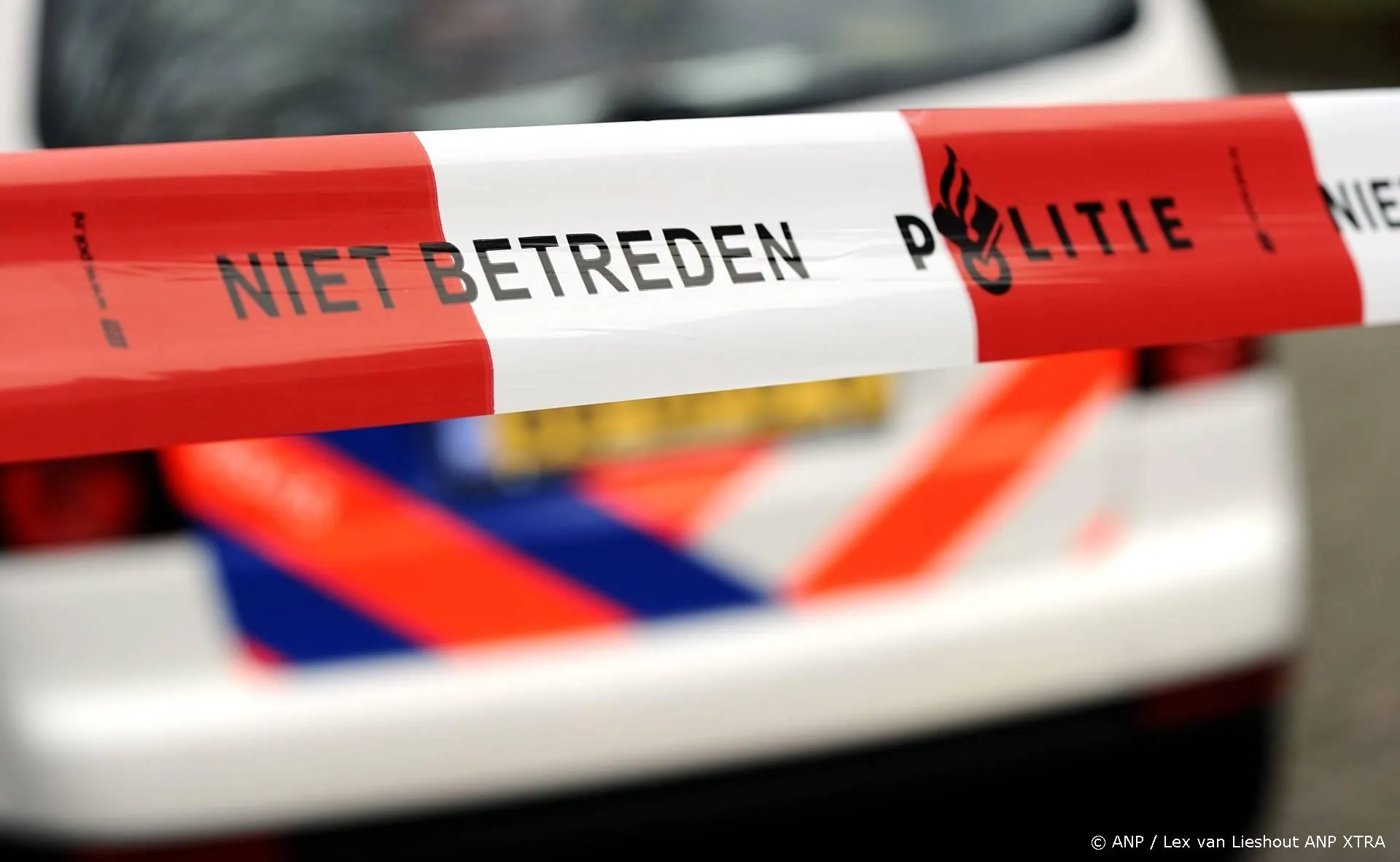Piekolie versus menselijke broeikashypothese
Put bluntly, theres not enough carbon fuel for dangerous global warming.
An analogy I have used in the past is that it is rather like the Titanic running out of fuel before it hits the iceberg. It would still be stranded at sea but wouldnt be sinking! It is a suitable analogy, because it is simple yet captures the fundamental problem, and it can be extended if needed. For instance, the ship could continue drifting under its own momentum into the iceberg (the climate change commitment from past fossil fuels). Alternatively, the iceberg could be drifting towards the ship (the natural variability argument). On the social side, we could even say the engine crew are so focussed on avoiding the iceberg that they have put the engines in reverse and are going full throttle this may or may not save them from the iceberg but it will certainly use up the fuel faster (this is analogous to energy-intensive mitigation strategies such as carbon capture and sequestration). Im sure we could go on and on with the analogy!
Lees ook
Loading


